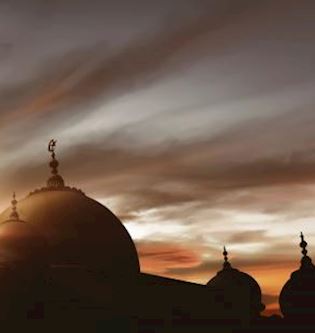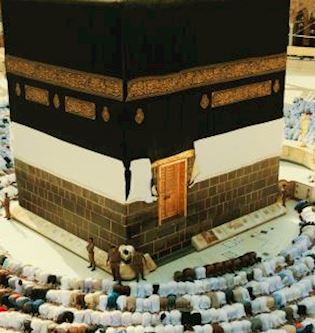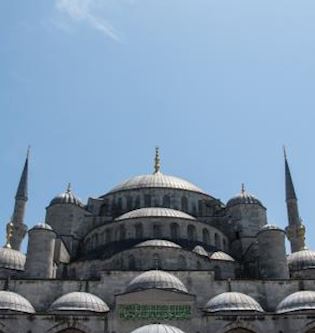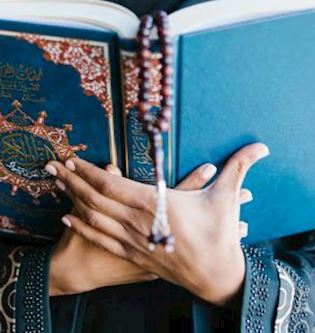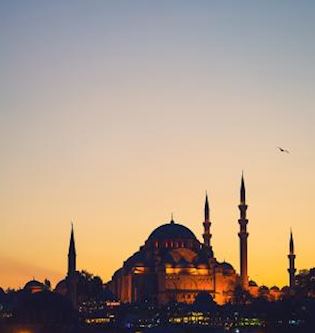Embracing Generosity: Why give in Month of Ramadan
During the month of Ramadan, Muslims are called to a higher state of spirituality, unity, and compassion. Fasting from dawn until dusk, we try to fulfill a key pillar of Islam. Another pillar of Islam is charity. And there is still time for you to transform someone’s life by giving Zakat and Sadaqah.
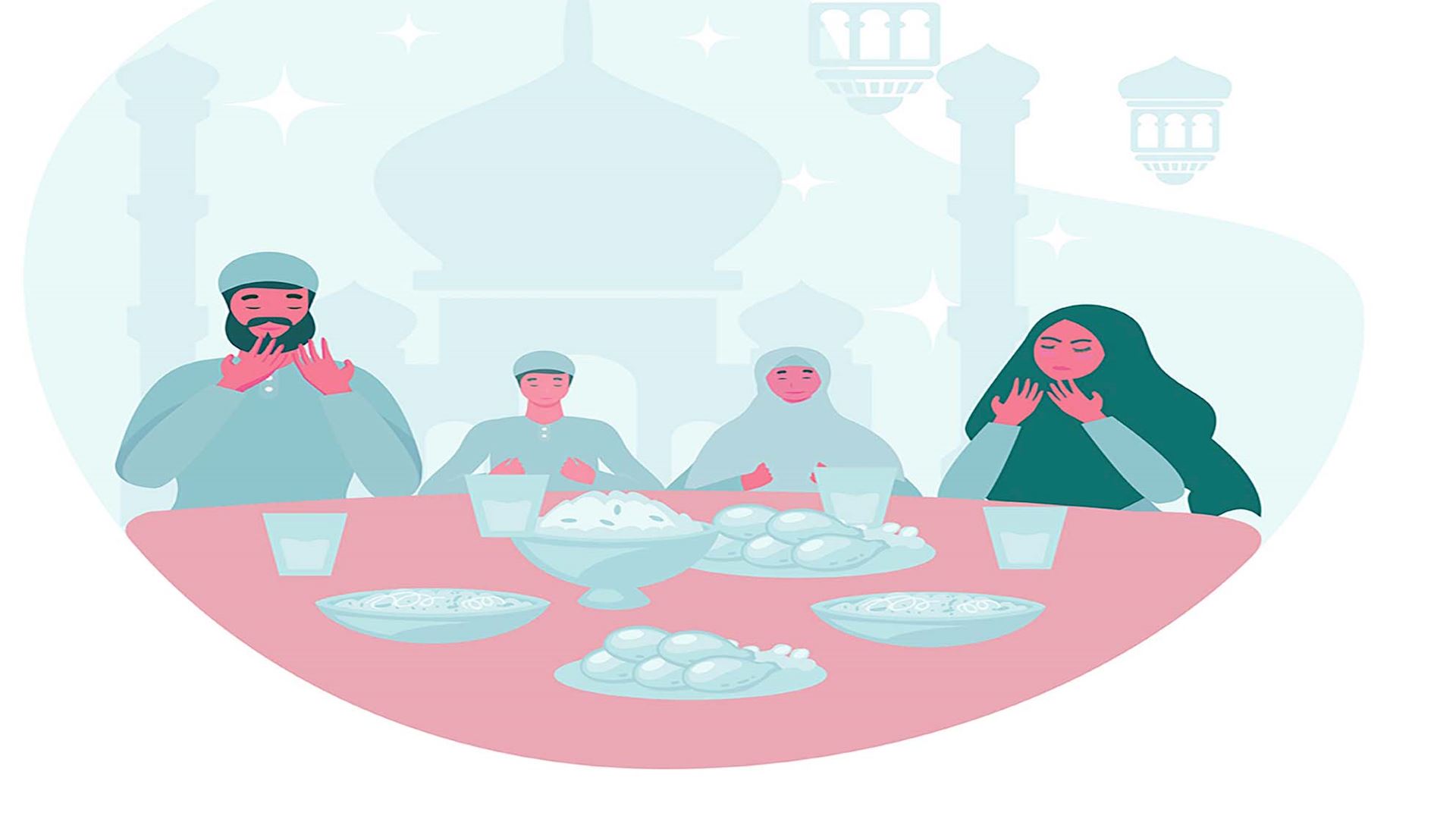
Fasting during the month of Ramadan transcends being merely a religious obligation. It’s a transformative experience that fosters empathy and personal growth in us. As we abstain from food and water from dawn to dusk and establish prayer routines, we also nurture a deeper understanding of the less fortunate struggles. This shared experience of hunger and thirst promotes a stronger bond among the community and encourages us to:
- Extend our hands in aid
- Practice gratitude for the blessings we have
- Reflect on our own actions and behaviors
- Seek forgiveness and make amends
- Develop self-discipline and self-control
This holy month serves as a springboard for our spiritual journey, enabling us to reap rewards extending beyond Ramadan. And one way to clean our hearts and wealth is by giving Zakat and Sadaqah.
By no means shall you attain righteousness unless you give freely of that which you love, and whatever you give, Allah knows it well.
[Qur’an 3:92]
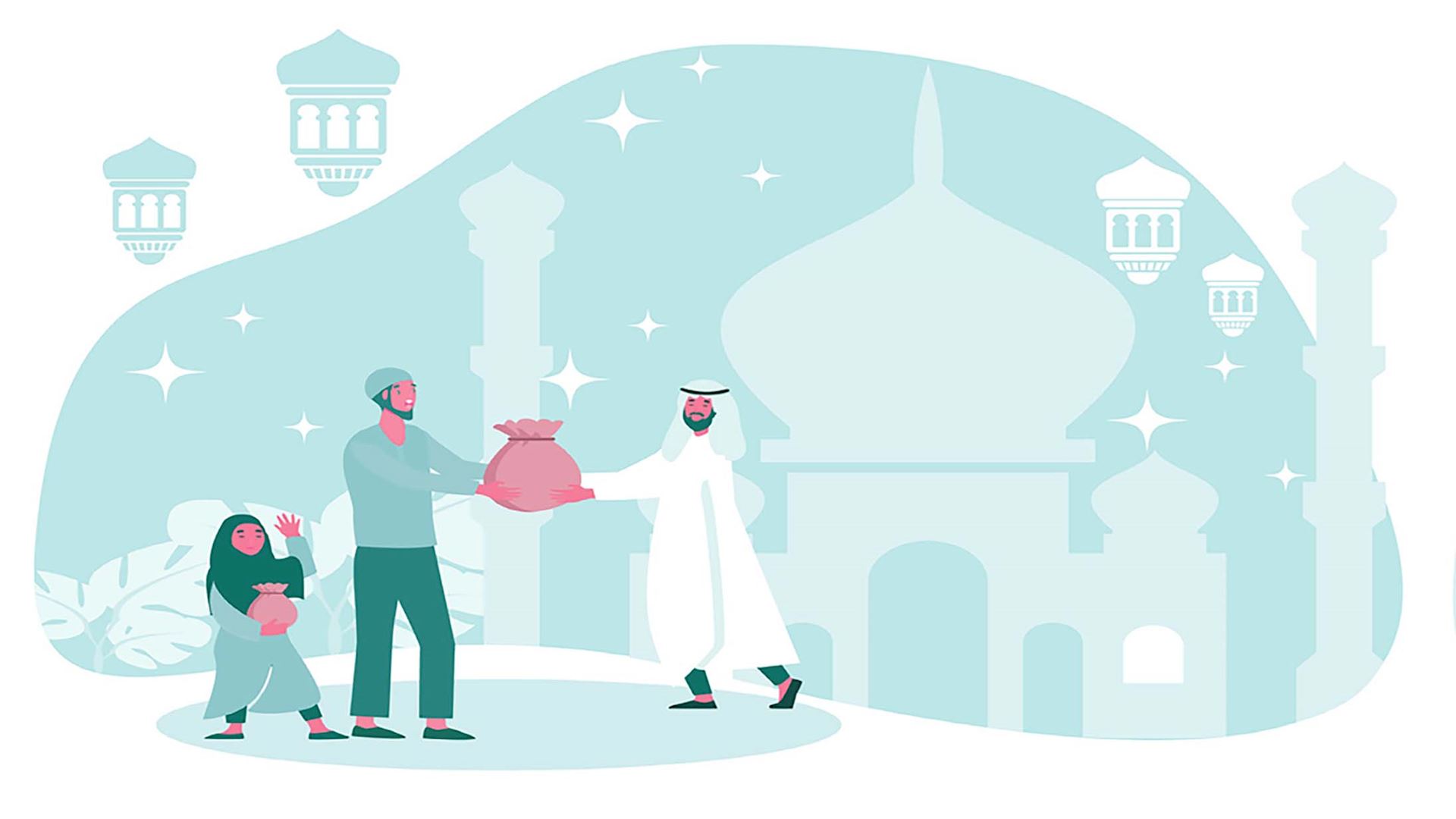
What is the impact of your charity?
Poverty Alleviation
Poverty alleviation is a primary objective of charity. By aiding individuals dealing with poverty and hunger, your donations during Ramadan are crucial in reducing economic disparities and fostering societal solidarity.
In countries like Pakistan, your Zakat and Sadaqah have shown the potential to reduce poverty, help orphans get educated, and give thousands of people access to clean water.
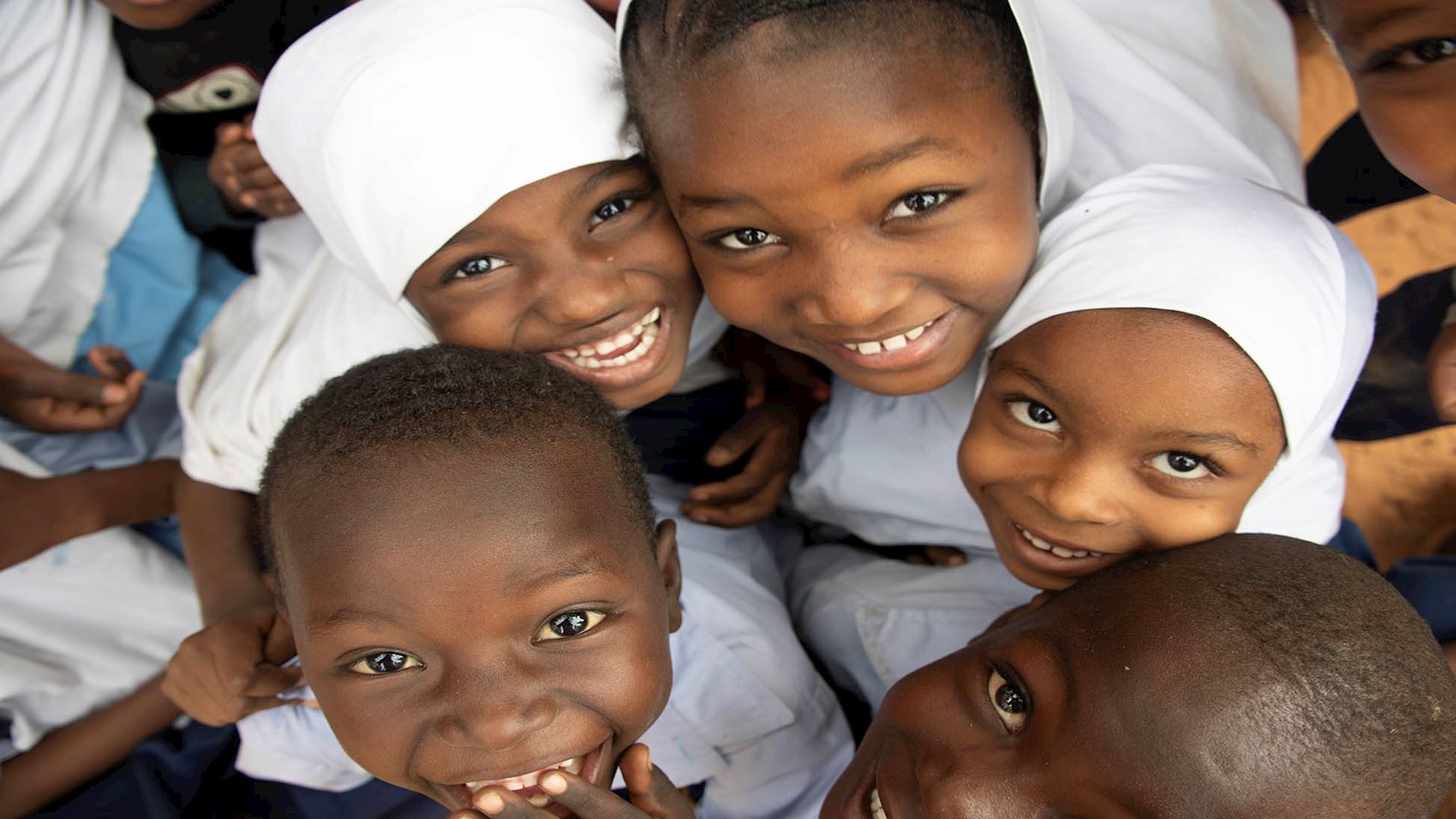
Social Unity
Besides alleviating poverty, charity also fosters social cohesion. Supporting others through charity encourages empathy and assistance among individuals. This act of giving, therefore, serves as a bridge that reduces socioeconomic disparities and enhances brotherhood. And Ramadan is here to strengthen us and make us aware of each other so that we continue to come together in the spirit of giving and support for those who need us most.
The Importance of Zakat in Ramadan
With the arrival of Ramadan, we immerse ourselves in worship and fasting. But, an equally important aspect of this sacred month is Zakat, a mandatory form of charity that constitutes one of the five pillars of Islam. During Ramadan, the significance of Zakat is amplified because it is continuously mentioned in Quran as a "good loan" to Allah(swt).
"Who is it that would loan Allah a goodly loan so He will multiply it for him and he will have a noble reward?"
[Quran 57:11]
Donating a portion of our wealth to charitable causes allows us to meet an essential societal obligation of thinking and acknowledging those who have less than us. Giving Zakat is a powerful tool for reducing poverty and redistributing wealth so that those in need can also live a fulfilling life.
Zakat vs. Sadaqah
In Islam, there are two types of charity: Zakat and Sadaqah. Though they both represent acts of giving, they differ significantly in their nature and obligation. Zakat is a mandatory form of charity, binding upon every eligible Muslim. It is calculated based on one’s wealth, and its payment is a religious obligation.
On the other hand, Sadaqah refers to voluntary acts of kindness and generosity. Any specific amount or timing does not bind it and can be given at any time and in any form. While Zakat is an obligation, Sadaqah is a testament to your desire to give and please Allah. Together, they create a balanced giving system that gives you reward upon reward while improving society as a whole.
Calculating and Paying Zakat
There are specific guidelines to adhere to when paying Zakat. It begins with determining whether one’s possessions meet the nisab threshold, equivalent to the value of 87.48 grams of gold or 612.36 grams of silver. Zakat applies to income-generating properties (excluding personal residences) and savings that have been in one’s possession for a complete lunar year.
Upon determining eligibility, the next step is to calculate the amount of Zakat; even though this may seem complex, it has been made simple with our Zakat calculator.
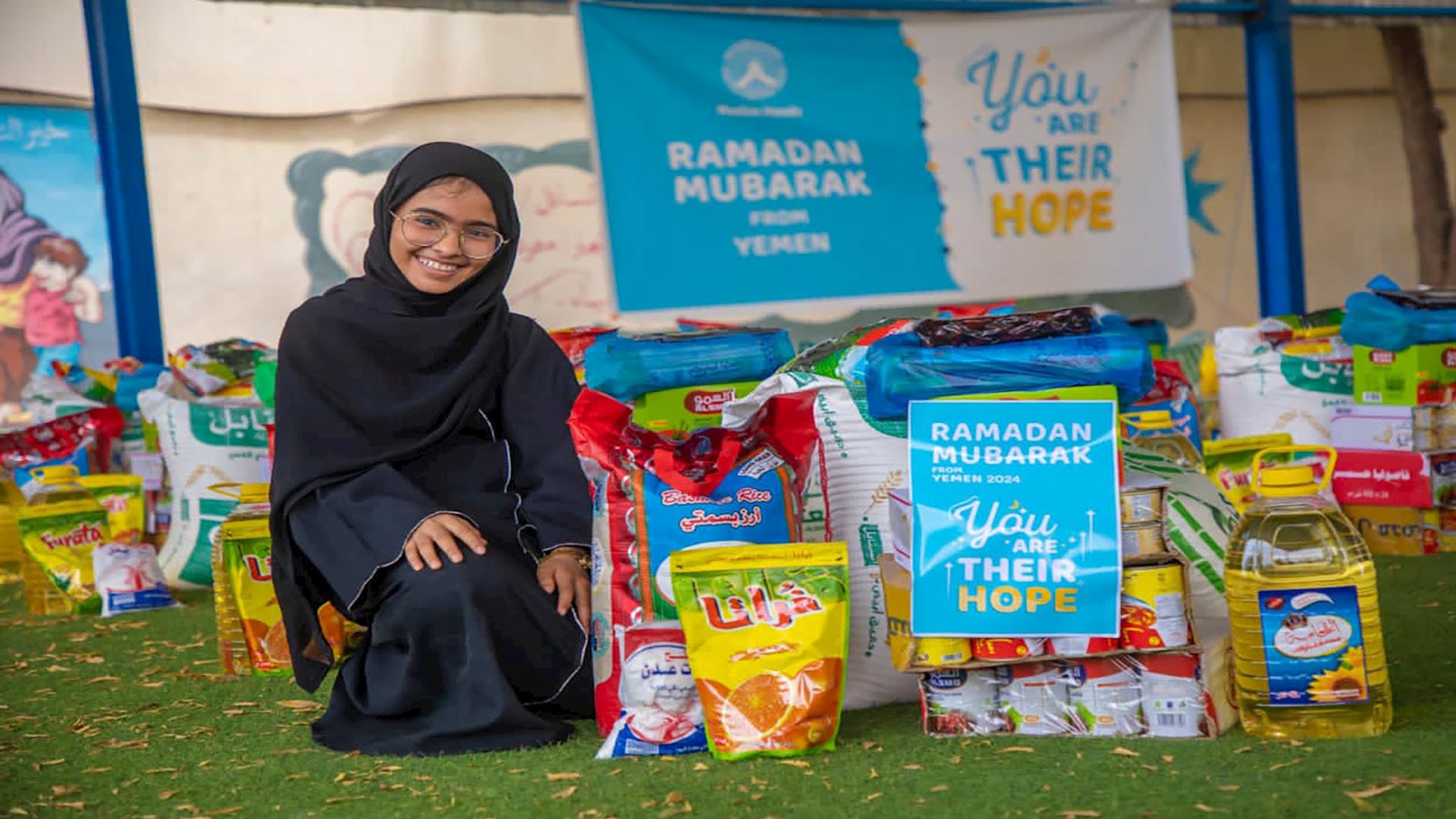
Charity Initiatives in Ramadan
There are many ways you can give this Ramadan. But some of the best ways you can relieve those who are fasting is by giving them food, providing them with water, and helping them financially become independent.
Feeding the Fasting
Giving food is one of the best forms of charity. In Ramadan, providing food aid to those who observe the fast means giving you an equal reward. We at Muslim Hands have Ramadan food parcels that contain staples like:
- oil
- lentils
- powdered milk
- rice
To ensure that individuals and families have the necessary ingredients to have fulfilling fasts. These parcels are tailored to local preferences and can support an average of seven people for the entire month.
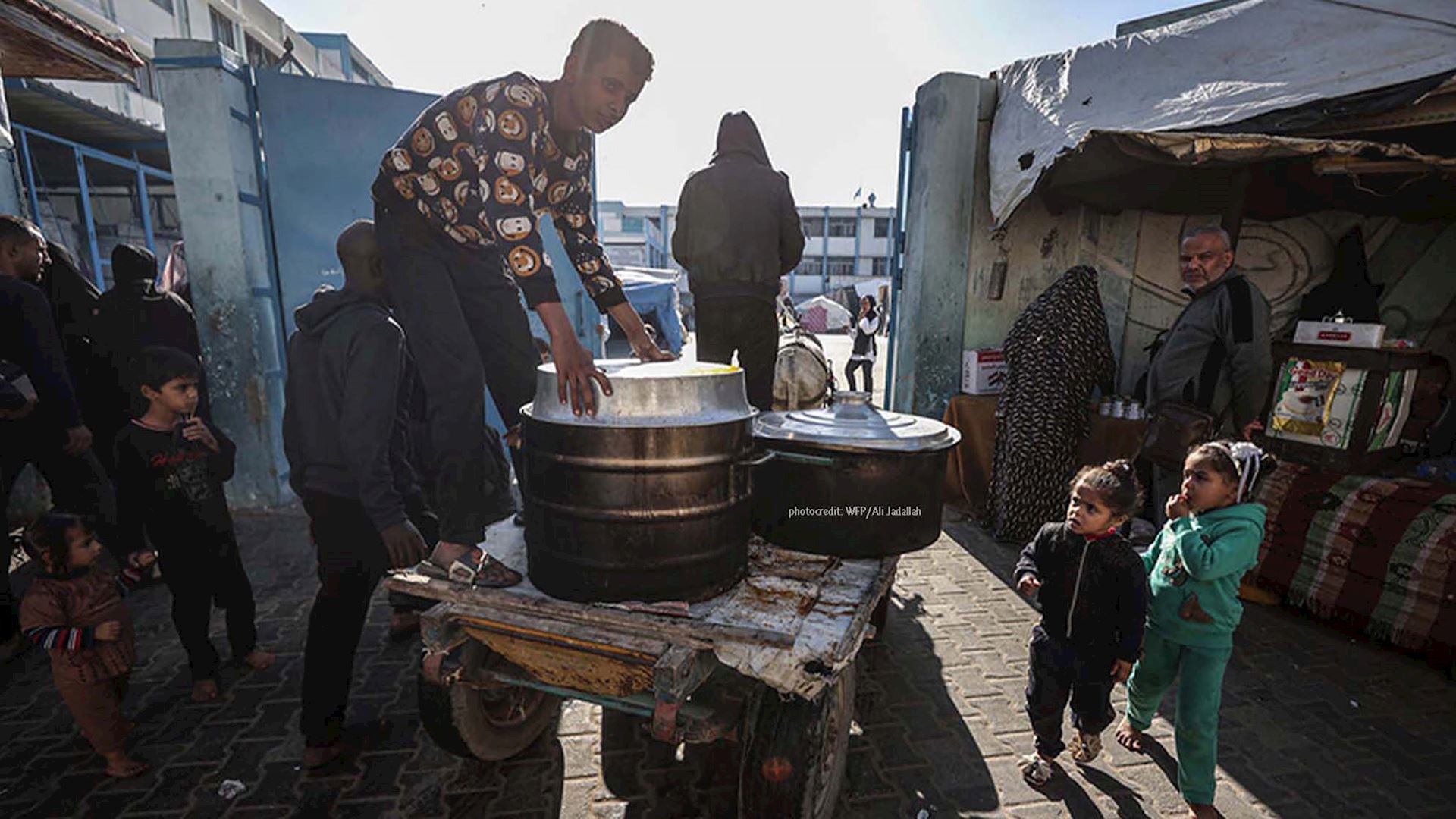
IFTAR MEALS
These efforts are particularly significant in regions affected by conflict and natural disasters, like Yemen and Gaza, where we provide hot meals that are a crucial part of the immediate response. Without these warm meals, the people of Yemen and Gaza would have nothing to break their fasts.
Supporting Needy Families
Supporting needy families is given a special place in Sadaqah and Zakat. It's an effort to reach out to disadvantaged families and provide them with sustenance and aid. This assistance is not limited to food parcels but extends to other forms of support, such as
Our various programs prioritize support for vulnerable populations, including widows and orphans, ensuring they have the necessary sustenance during the holy month.
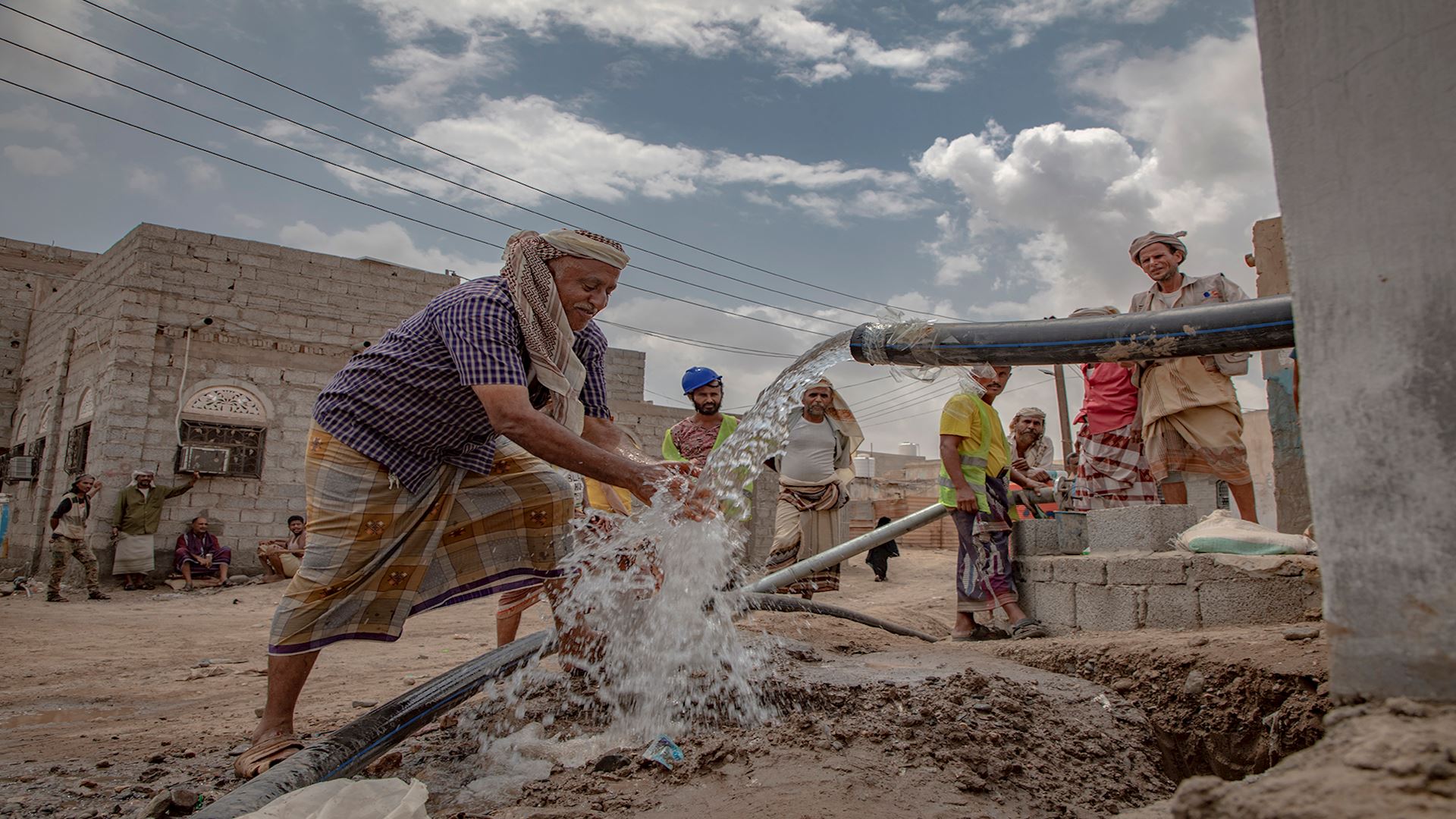
The Rewards of Giving in Ramadan
Charity in Ramadan is highly esteemed, with the belief that such acts can lead to forgiveness and mercy from Allah. The act of giving is:
- purify one’s wealth
- bring spiritual rewards
- multiply good deeds performed in this holy month
- be a spiritual investment with Allah(swt), which multiplies the rewards beyond the material realm.
The example of those who spend their wealth in the way of Allah is like a seed [of grain] which grows seven spikes; in each spike is a hundred grains. And Allah multiplies [His reward] for whom He wills. And Allah is all-Encompassing and Knowing.
[Qur’an 2:261]
Thus, every act of charity is not just an act of kindness but a spiritual investment, reaping rewards beyond the material realm. But you have to protect your charity.
These acts of generosity serve as a core element of worship, paralleling prayer and fasting and emphasizing self-discipline, sacrifice, and enhanced philanthropy.
Giving on Laylat al-Qadr

Laylat al-Qadr, or the Night of Power, is the night's greatest night of the year. It honors the revelation of the Qur’an to Prophet Muhammad(PBUH). Good deeds performed on this night are rewarded as if they had been continuously performed for a thousand months. Imagine that being the charity that you gave this month.
From fulfilling religious obligations like Zakat to engaging in voluntary acts of kindness like Sadaqah, the spirit of giving steeps every aspect of this holy month. The impact of your charitable acts transcends the individual level, fostering social cohesion, alleviating poverty, and contributing to community development. So, as we embark on the end of this holy month, let’s embrace the spirit of generosity and strive to make a difference in our communities and the world at large. JazakaAllah







